Introduction
Horton Kirby CofE Primary School is incredibly passionate about ensuring that our children have opportunities to develop their curiosity through an aspirational and diverse curriculum which has been developed and adapted to meet the needs of all of our children and community. We provide a rich, broad, and balanced curriculum that celebrates individuality, and diversity and builds procedural knowledge to nurture talent and prepare children for the challenges and rewards of life and the wider world. Our school values of Respect, Responsibility, Resilience, and Reflection are embedded into our curriculum.
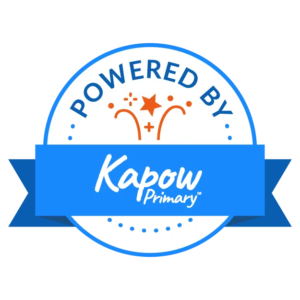
Statement of Intent
The breadth of our curriculum is designed with three goals in mind:
- To give children appropriate experiences to develop as confident, responsible citizens.
- To provide a rich ‘cultural capital’.
- To provide a coherent, structured, academic curriculum that leads to sustained mastery for all and opportunities for greater depth of understanding.
Curriculum Drivers (as easy as A, O, C, D):
We have developed four drivers that shape our curriculum, bring about the aims and values of our school and respond to the particular needs of our community.
Cultural Capital and Experiences:
Cultural capital is the background knowledge of the world children need to infer meaning from what they read and experience. It is the currency for social mobility and the acquisition of this will allow children to transcend their economic-given status whilst repairing divisions in society caused by gaps in knowledge. Specifically, cultural capital is powerful knowledge. It includes vocabulary which, in turn, helps children to express themselves in a sophisticated, mature way. At Horton Kirby CofE Primary School, the way in which cultural capital is acquired and developed is multi-faceted. We give children access to carefully considered areas of knowledge through our breadth of curriculum design. Children are able to develop their knowledge of many topics. Additional experiences that are provided also play a part in the development of each and every one of our child’s procurement of cultural capital and further opportunities continue to be reviewed, enhanced and added.
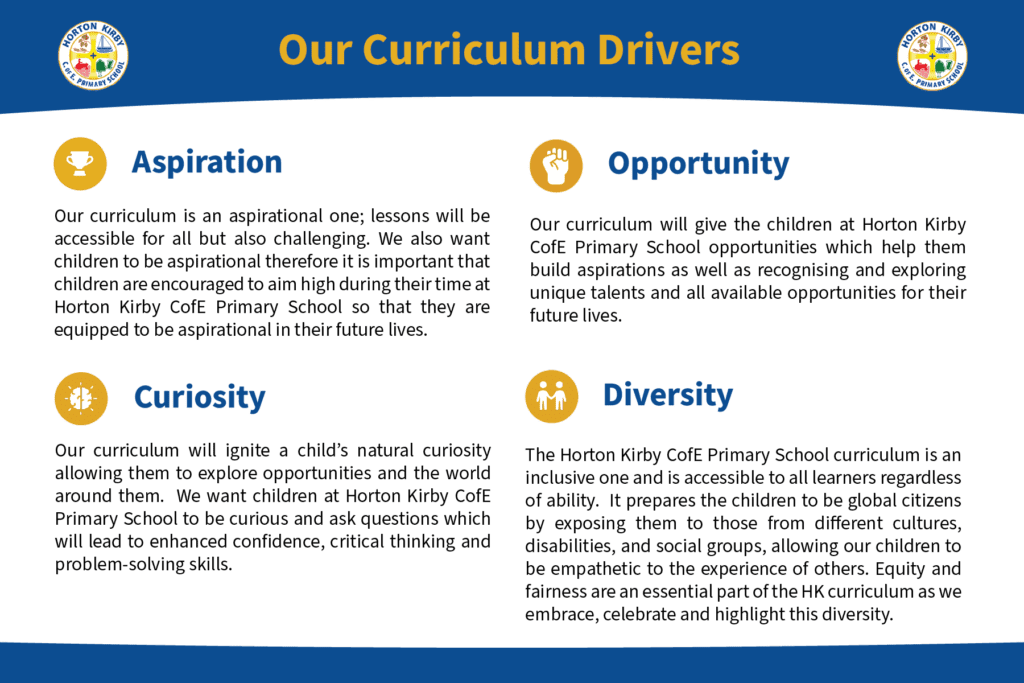
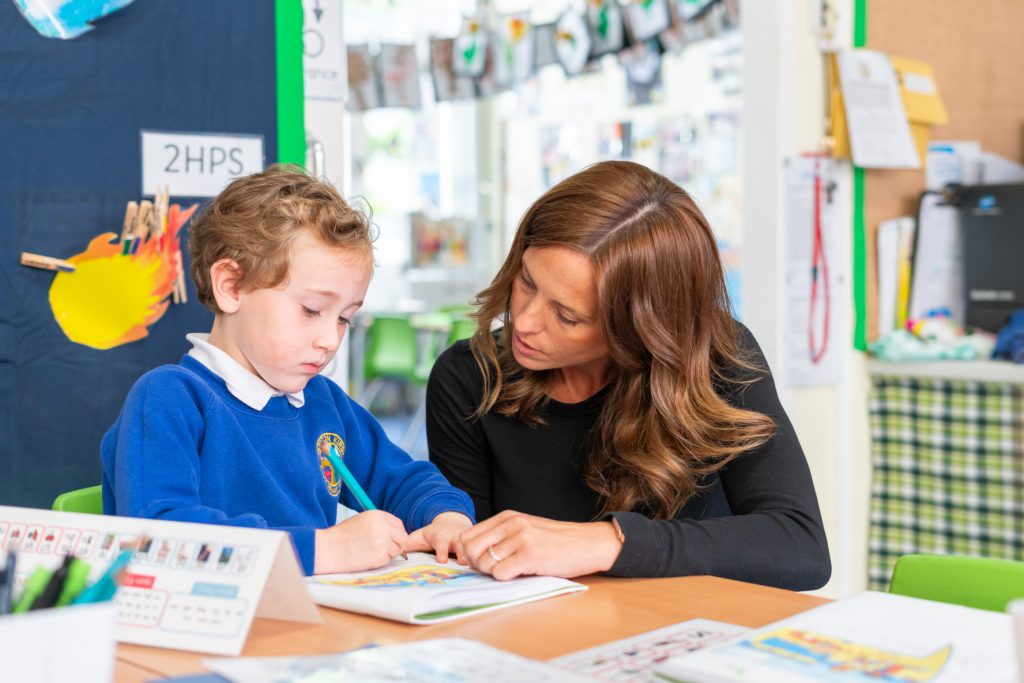
Statement of Implementation
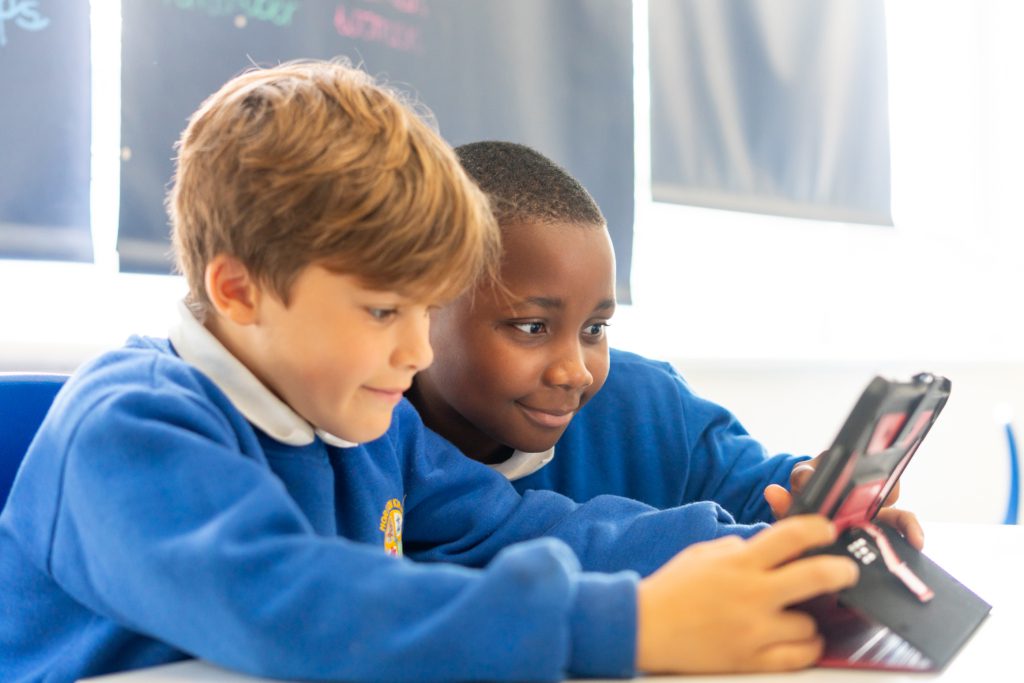
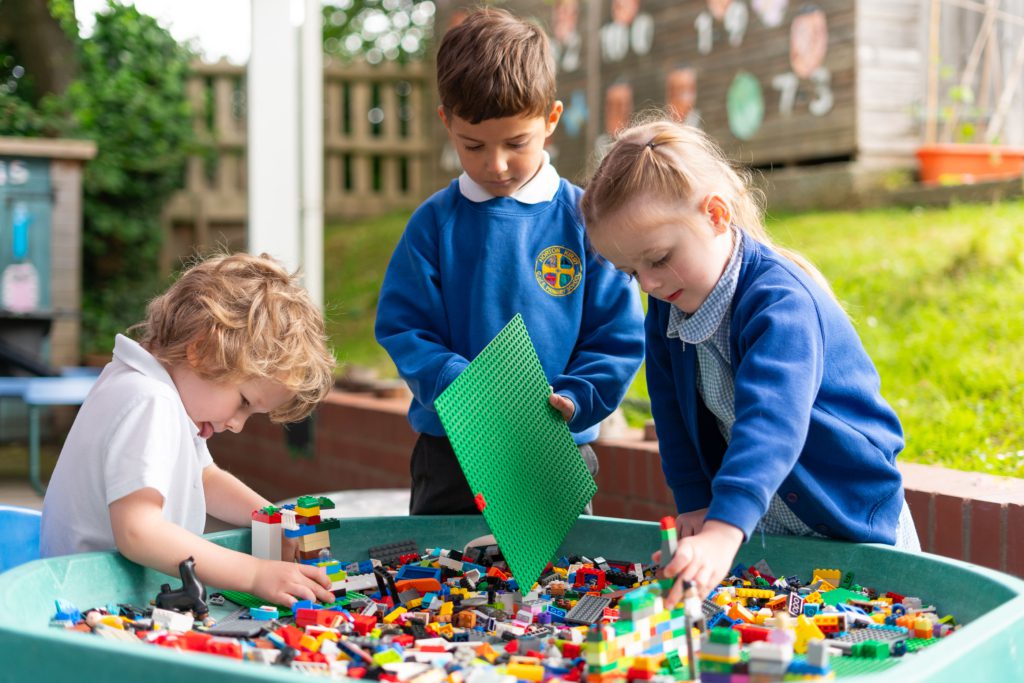
Our curriculum design is based on evidence from cognitive science; three main principles underpin it:
- Learning is most effective with spaced repetition.
- Interleaving helps children to discriminate between topics and aids long-term retention.
- Retrieval of previously learned content is frequent and regular, which increases both storage and retrieval strength.
In addition to the three principles, we also understand that learning can be invisible in the short term and that sustained mastery takes time.
The school’s curriculum content is based upon the principles of the “Essential Curriculum” model. This involves the children being immersed in a curriculum that is coherent, progressive and appropriately sequenced to enable our children to develop subject-specific knowledge and skills to prepare them well for the next stages of their education.
The curriculum builds progressively from learning in the Foundation Stage. The ‘Big Ideas’, ‘Aspects’ and ‘Milestones’ (EYFS, 1, 2 and 3) that are linked and built into our curriculum, allow the children to embed their procedural knowledge. These milestones are aligned with the National Curriculum and indeed go beyond the National Curriculum requirements. We have mapped out the procedural knowledge for each subject across a 2-year cycle for each milestone (other than EYFS). Choosing this approach enables our children to develop meaningful links and opens their eyes to a world beyond their immediate locality. It also builds their cultural capital, preparing them with essential knowledge for their future success. Planning in this way ensures all children have access to a full curriculum which progresses across the year – we know that during each milestone every indicator is covered multiple times, so children have the chance to work at a Basic, Advancing and Deep level which inform teacher assessments.
The curriculum implementation emphasises the importance of developing the depth of children’s learning. In essence, this means providing children with an increased cognitive challenge, allowing them to apply the skills which they have learnt independently in a range of contexts rather than moving them on to the next skill needlessly when they have not truly mastered it.
Statement of Impact
The impact of our curriculum is designed so that by the end of each milestone, the vast majority of children have sustained mastery of the content and a greater depth of understanding. To ensure children are on course to reach the expectations of our curriculum, we carefully track their progress to ensure they remember key concepts and become fluent in them.
At Horton Kirby CofE Primary School we work together to provide an exceptional curriculum and enrichment opportunities that have a real impact on both academic and personal development. We believe that every child should be encouraged to achieve the highest standards possible, in an atmosphere where all success’, great or small, are celebrated. Our children enjoy school and have the confidence to grow in responsibility, resilience, and independence, leaving us as flourishing citizens, equipped for the next stage in their education and for a journey of lifelong learning.
The impact of the school’s curriculum can be seen through talking with the children and the work they produce, as well as outcomes for all groups of children within the school. Everything we do is with the child in mind, and strong relationships are built between children and staff which create an atmosphere for learning which is conducive to success.
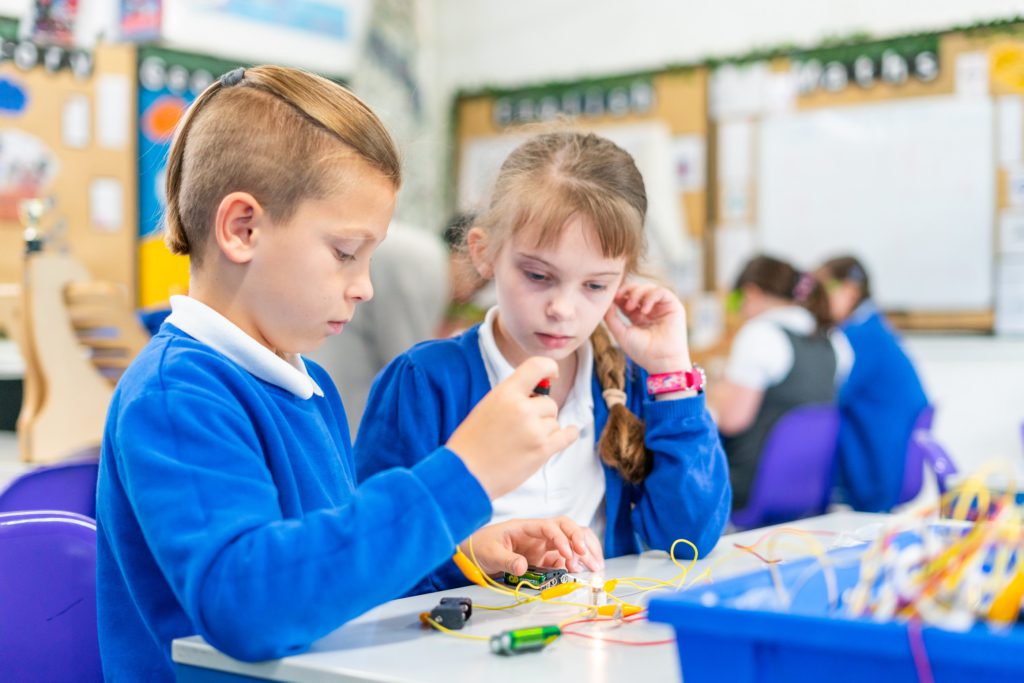
Big Ideas
At Horton Kirby CE Primary School, we link ten ‘Big Ideas’ to all of the children’s learning to ensure that as a school we are embedding learning as children move through the school.
Using ‘Big Ideas’ across our broad and balanced curriculum will help to deepen children’s understanding of concepts across a range of subjects and themes.
Furthermore, it will also develop and deepen children’s understanding of ‘The Wider World’ – this is something that we believe is vitally important for children at Horton Kirby CE Primary School.
Because the ‘Big Idea’ themes are repeated in each year group across all curriculum subjects, it is important the students progress in their understanding of them.
The curriculum at Horton Kirby sets out this progression in the form of four ‘Milestones’. Each Milestone contains a range of descriptors which give more detail to be discovered within the concept.
Over a two year period (phase), students will become more and more familiar with these details by exploring them in a breadth of contexts – not only giving a deeper understanding of subjects but also a deeper learning about the world around them.
These descriptors are not exhaustive and should only be used as a guide for teachers. They should not be ‘ticked off’ as each one is covered: they should be repeated in as many different contexts as possible to embed learning and long term memory.

Humankind
Understanding what it means to be human and the cause and effect of human behaviour.

Processes
Understanding the many dynamic and physical processes that shape the world around us.

Creativity
Understanding how everyday and exceptional creativity can inspire and change perceptions.

Investigation
Understanding the importance of asking questions, formulating hypotheses, gathering information, and analysing evidence.

Materials
Understanding the unique and physical properties of all matter and how we interact with them.

Nature
Understanding the complexities and interdependence of the plant and animal species the inhabit the world’s many ecosystems.

Place
Understanding the visual, cultural, social and environmental aspects of different places around the world.

Comparison
Understanding how and why things are the same or different.

Significance
Understanding why significant people, places, events, and inventions matter.

Change
Understanding why and how things have changed over time.
If you require any further information about our curriculum, please do not hesitate to contact the school office who will put you in contact with the relevant subject leader.

